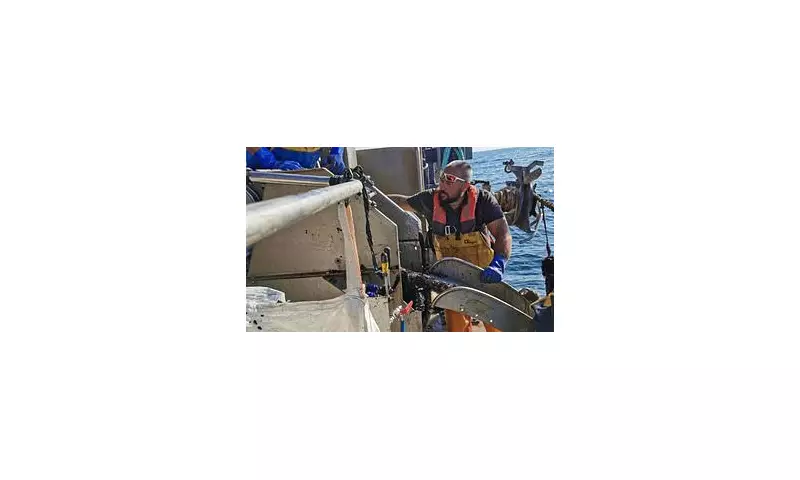
The much-heralded EU reset spearheaded by Prime Minister Keir Starmer has hit turbulent waters as French customs officials intensify border checks, leading to widespread rejections of British shellfish exports.
Cross-Channel Trade Under Threat
British fishing businesses are reporting increased scrutiny and outright refusals of their shellfish shipments at French border control posts. The heightened enforcement comes despite Labour's efforts to rebuild trading relationships with European partners.
Industry insiders describe a deteriorating situation at key entry points like Calais and Boulogne-sur-Mer, where customs officials are rigorously enforcing EU food safety regulations. "We're seeing consignments turned away for what appear to be minor technicalities," one exporter revealed anonymously.
The Shellfish Standoff: What's Really Happening?
The conflict centres on live bivalve molluscs - including oysters, mussels, and clams - which face strict EU import rules post-Brexit. Key issues include:
- Enhanced documentation requirements
- Stricter sanitary certification checks
- Increased physical inspections of shipments
- Disputes over water classification standards
French authorities maintain they are simply implementing standard EU protocols, but UK exporters argue the enforcement has become disproportionately strict in recent weeks.
Political Fallout for Starmer's Strategy
The border difficulties represent a significant challenge for the Labour government's promised "reset" of UK-EU relations. Industry leaders had hoped for smoother trade following the change in government, but are instead facing what one described as "the worst disruption since the initial Brexit implementation."
Fishing communities from Scotland to Cornwall are expressing growing anxiety about the economic impact. With France being a crucial market for premium British shellfish, prolonged border issues could devastate seasonal businesses already struggling with rising costs.
What Comes Next for UK Exporters?
Government officials are reportedly engaged in urgent talks with EU counterparts to address the border friction. However, with both sides bound by their respective regulatory frameworks, finding a swift resolution appears challenging.
The situation highlights the ongoing complexities of post-Brexit trade, even as political relationships supposedly warm. For now, British shellfish producers face an uncertain future, caught between diplomatic aspirations and border reality.





